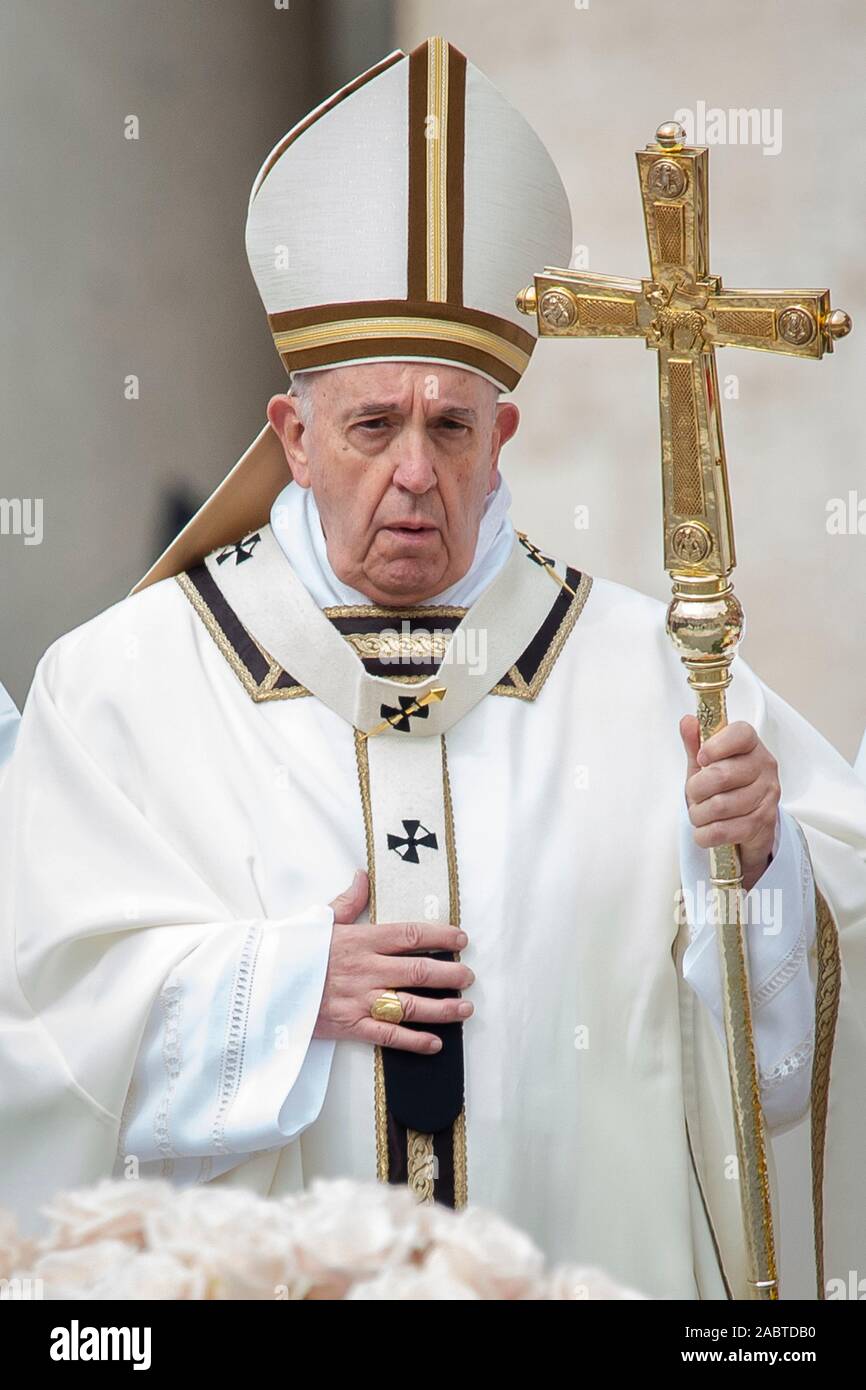When Was Pope Francis Elected to the Papacy? Discover the Historic Moment and Its Impact. The election of Pope Francis marked a significant turning point in the history of the Catholic Church, bringing about a wave of change that resonated across the globe. His rise to the papacy was not just a ceremonial event but a moment of profound transformation for the Church and its followers.
Pope Francis, born Jorge Mario Bergoglio, became the first Latin American pope, a milestone that redefined the global perception of the Catholic Church. His election on March 13, 2013, symbolized a shift towards inclusivity and modernity, bridging the gap between tradition and contemporary issues faced by the Church. As we delve into his legacy, it becomes evident how his leadership has left an indelible mark on the institution.
A New Era: Bridging Tradition and Modernity
In 2013, Jorge Mario Bergoglio of Argentina made history as the first Latin American pope elected in the Catholic Church's long-standing tradition. Religious studies professor Andrew Chesnut highlights the impact of this historic pontiff, whose tenure has been marked by efforts to bridge the gap between traditional values and modern challenges. Pope Francis' approach emphasizes inclusivity and compassion, appealing to a broader audience beyond the confines of the Church.
Beyond geographical representation, Pope Francis brought a fresh perspective to the Vatican. His emphasis on social justice and care for the marginalized aligns with the evolving needs of the Church in the 21st century. By addressing issues such as poverty, climate change, and interfaith dialogue, he revitalized the Church's role in global affairs, making it more relevant to contemporary society.
The legacy of Pope Francis is one of renewal and reform. His initiatives have set a precedent for future leaders, encouraging them to embrace change while respecting the Church's rich heritage. This balance between tradition and progress continues to inspire Catholics worldwide, reinforcing the Church's commitment to serving humanity.
Global Leadership and Transformation
Pope Francis, born on December 17, 1936, served as the 266th pope of the Roman Catholic Church until his passing on April 21, 2025. Elected on March 13, 2013, his papacy was characterized by a unique blend of humility and determination. He championed causes that transcended religious boundaries, advocating for peace, unity, and environmental stewardship.
As the first pope from the Western Hemisphere and the Jesuit order, Pope Francis introduced reforms that resonated deeply with the faithful. His encyclical Laudato si’, released in 2015, addressed the urgent need for ecological responsibility, emphasizing the interconnectedness of all creation. This document underscored his vision of a sustainable future, urging individuals and nations to take action against climate change.
Pope Francis also sought to heal wounds within the Church, particularly those caused by scandals involving clergy sexual abuse. By acknowledging past failures and offering sincere apologies, he demonstrated a commitment to transparency and accountability. These efforts strengthened the bond between the Church and its members, fostering trust and reconciliation.
Unity Beyond Borders
When Cardinal Jorge Bergoglio ascended to the papacy ten years ago, his influence extended far beyond the walls of the Vatican. Monsignor Kevin Irwin, among others, recognized the potential for unity that Pope Francis represented. His leadership style emphasized collaboration and dialogue, encouraging diverse voices to contribute to the Church's mission.
Pope Francis' ability to connect with people from all walks of life stemmed from his genuine concern for their well-being. Whether addressing world leaders or interacting with ordinary citizens, he conveyed a message of hope and solidarity. This approach helped bridge divides not only within the Catholic community but also across different faiths and cultures.
As the Catholic Church mourns the loss of Pope Francis, it reflects on the profound impact of his teachings and actions. His legacy serves as a guiding light for future generations, reminding them of the importance of compassion, justice, and unity in building a better world. Through his example, Pope Francis leaves behind a lasting legacy that will continue to inspire and transform lives around the globe.

